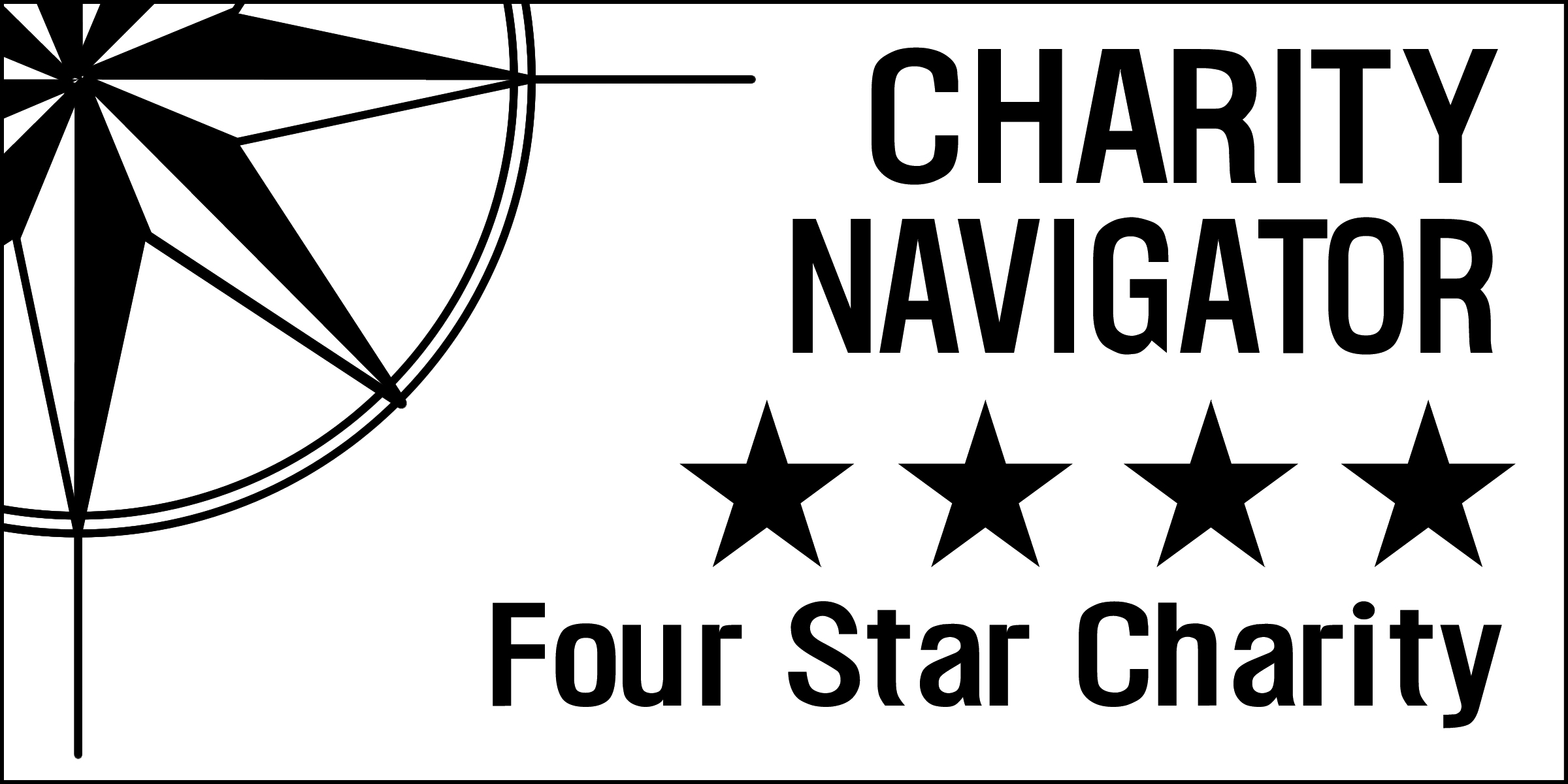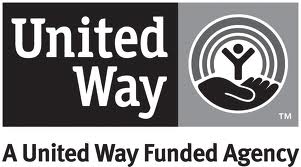A Texas Foundation with Muslim Roots Promotes Violence-Free Homes for All

Amaya* came to the United States with her three children, seeking asylum because of the severe abuse she suffered at the hands of her husband in her country of origin. Other providers gave her resources regarding pro bono legal services, but no one actually helped her because her case was complex.
Mahira* feared she’d never get her seven children back after they were removed by Child Protective Services (CPS). She was also fearful because when her children were first removed, they were separated, and one was molested in foster care.
Amaya and Mahira are among the many helped by the Plano-based Texas Muslim Women’s Foundation (TMWF), a grantee of the Family and Youth Services Bureau’s Family Violence Prevention and Services Program. Founded in 2005 by a group of Muslim women, initially to address general issues facing Muslim women, TMWF has focused primarily on domestic violence since 2011.
TMWF helped Amaya to retain a private immigration attorney and coordinated with all the local mosques in the area to raise funds to cover her legal fees. Her asylum petition was ultimately approved, and she received her work permit.
TMWF helped Mahira to get her children back. The staff worked with CPS to place the children in their grandparents’ home before Mahira regained custody of them. Mahira also participated in parenting classes through TMWF.
With 25 employees, 20 of whom work exclusively for its domestic violence program, TMWF operates a 24-hour emergency domestic violence shelter with 16 beds (where residents can stay as long as needed, typically 90 to 180 days) and five units of transitional housing. TMWF also offers outreach and nonresidential supportive services, including immigration and family law legal services. The organization provides individual and group counseling to adults and children (residential and nonresidential), intensive child play therapy, and even yoga. TMWF also helps women apply for Section 8 housing and locate Section 8 units upon exiting its program.
The organization serves everyone, Muslim and non-Muslim. Its first shelter client, a non-Muslim woman who stayed there with her three children for an extended period of time, hoped to further her education. TMWF helped her to access crime victim compensation funds, file a Violence Against Women Act petition (so that her immigration status would not be dependent on her husband’s), and negotiate a divorce settlement that secured her a car and the house. With this support, she accomplished all her goals, including finishing school.
Economic empowerment is a top priority for TMWF. Beyond helping clients apply for public assistance, the organization works to build survivors’ confidence and capacity to navigate their own life in their own hands. The focus is on finding permanent solutions for the clients.
All services of TMWF are trauma-informed and culturally responsive. Staff members speak 14 different languages, and the TMWF website can be translated into 24 languages. Its brochures are available in Arabic and Urdu.
Partnerships with others in the community help TMWF to take a holistic approach in serving its clients. For example, TMWF has helped five individuals (three of them domestic violence survivors) to prepare for working in the medical field by enrolling in a two-year medical education program. It is working to recruit Muslim families willing to become foster parents and help them get trained through CPS. TMWF has developed partnerships with faith leaders (imams, pastors, rabbis) to raise awareness about domestic violence within their congregations. It also works with local university students, who educate their peers about domestic violence and host fundraising events benefiting TMWF.
TMWF continues to face challenges. One is finding culturally appropriate services for drug-addicted abusive husbands whose wives do not want to leave them but do want them to receive treatment. Another is developing services for male victims of sexual assault. A third is addressing comprehensively the mental health needs of clients, especially refugee clients who may suffer from post-traumatic stress disorder as a result of fleeing war. Like most nonprofit organizations, it has funding and staff development challenges as well.
Despite the challenges, this organization of “Muslim women for all women” is absolutely committed to its mission. As TMWF’s website states, “We believe that by promoting and supporting women and their families, we can build stronger communities based in cultural awareness and understanding.”
*Name changed to protect confidentiality


